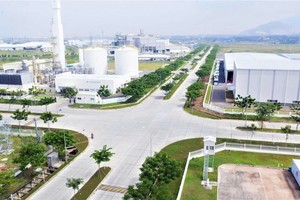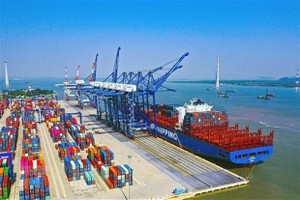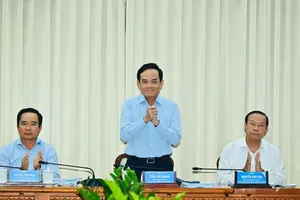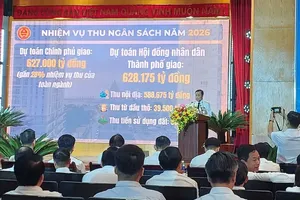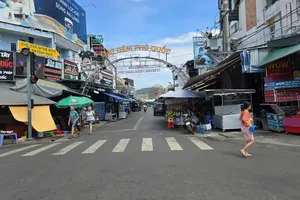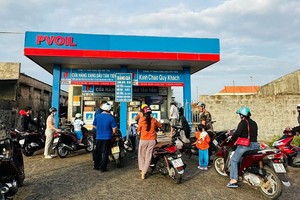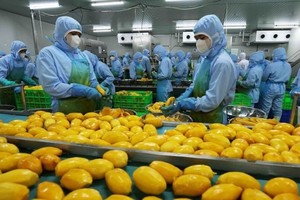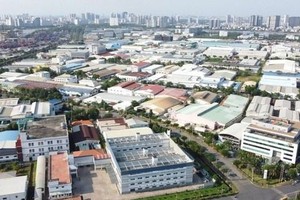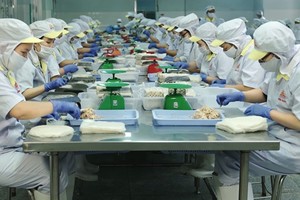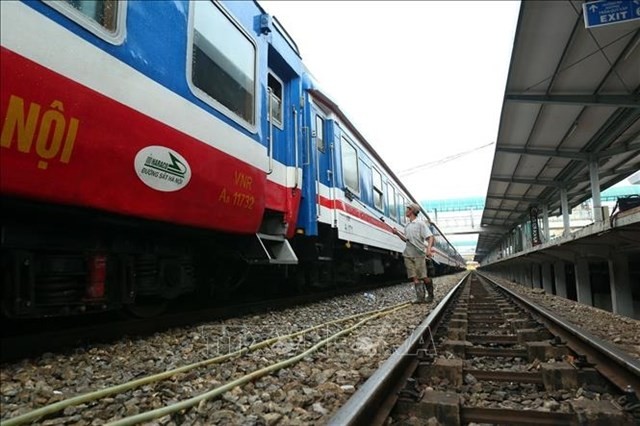
MPI filed a report to Prime Minister Nguyen Xuan Phuc on the railway project, showing its approval for the lower-cost option instead of the MoT plan.
Citing analysis by experts from Germany and the Netherlands, the ministry said that with the span of thousands of kilometres, a running speed of 200km/h would be effective and help save some US$ 32 billion compared to MoT’s solution.
Travelling between Hanoi and Ho Chi Minh City, under the MPI plan, would take about eight hours.
Moreover, if factors besides direction and length are taken into consideration, the cost may be further reduced.
Deputy Minister of Planning and Investment Vu Dai Thang said the ultimate solution was to upgrade the old infrastructure for freight and simultaneously develop a new project to carry passengers.
Previously, MoT proposed a plan to upgrade the current North-South railway to transport local commuters and commodities. Meanwhile, a new high-speed system which would allow a train to run at 320km/h would be built with the tentative investment of about US$ 58.7 billion over 30 years from 2020 to 2050.
The project will be implemented under the Public-Private Partnership (PPP) model, with 80 percent of the investment allocated from the State budget and the rest funded by the private sector.
According to MPI, after completing the project’s first phase connecting Hanoi with Vinh in Nghe An province and Nha Trang in Khanh Hoa province with HCM City in 2032, these two routes will be able to carry 364,000 passengers a day. The total number of daily passengers on both routes, however, is predicted to reach just 55,000 to 58,000, only 16 percent of the capacity.
Therefore, MPI said it would be more effective and cost-effective to have the system perform at the slower speed of 200km/h.
Technology is another concern in the project. MPI warned against depending on foreign partners to operate the system and asked MoT to accelerate multilateral cooperation to reduce expenditure and encourage the private sector’s participation.
“The North-South high-speed railway will be operated through generations; therefore, it is essential to have solutions for technology transition. It will be costly to buy new technology whenever the old one is out of work,” said Deputy Minister Thang.
According to Dr. Tran Dinh Thien, former Director of the Vietnam Institute of Economics, the project’s investment efficiency must be considered. The high investment could result in expensive tickets, making it hard to compete against budget flights.



